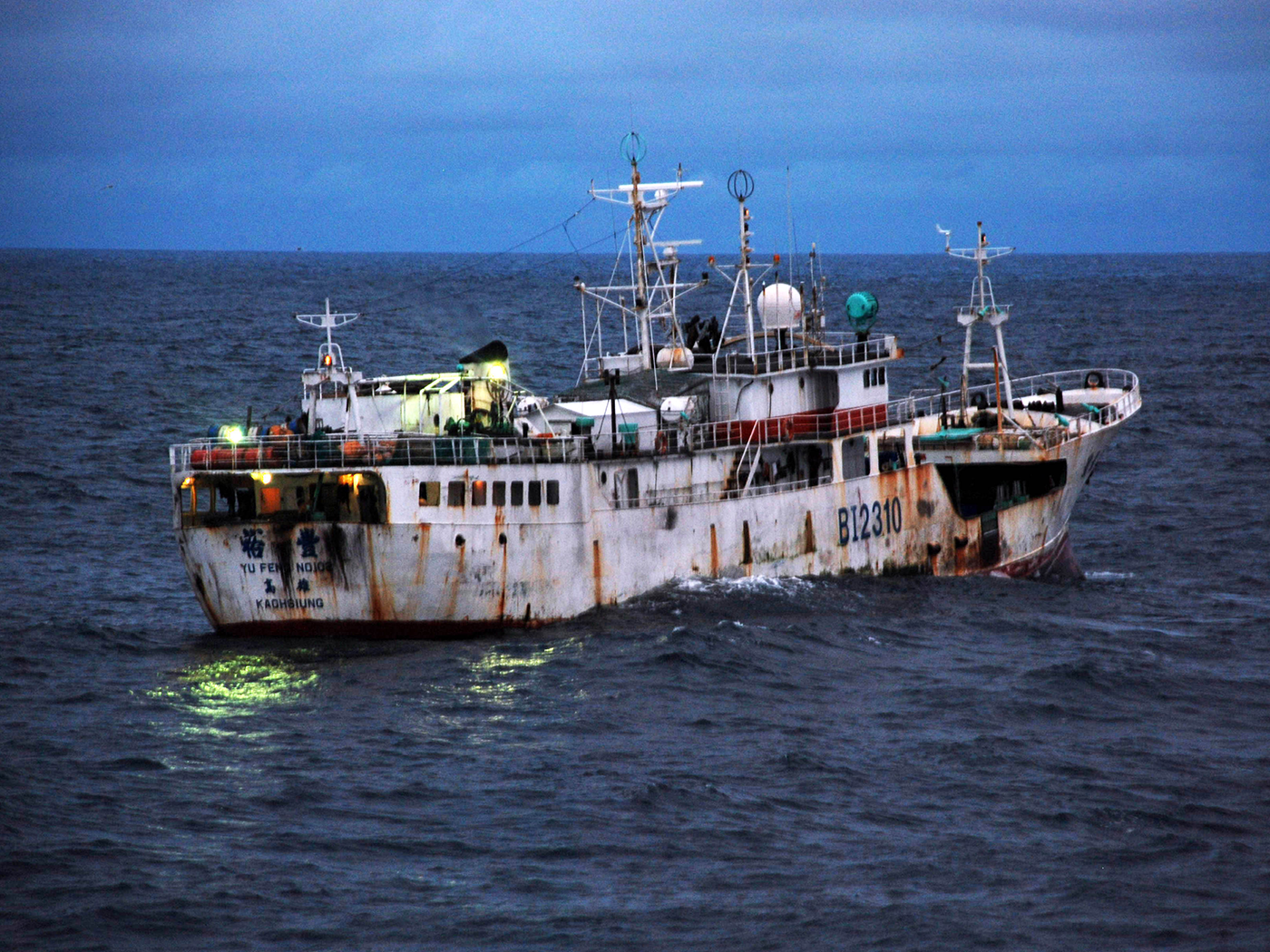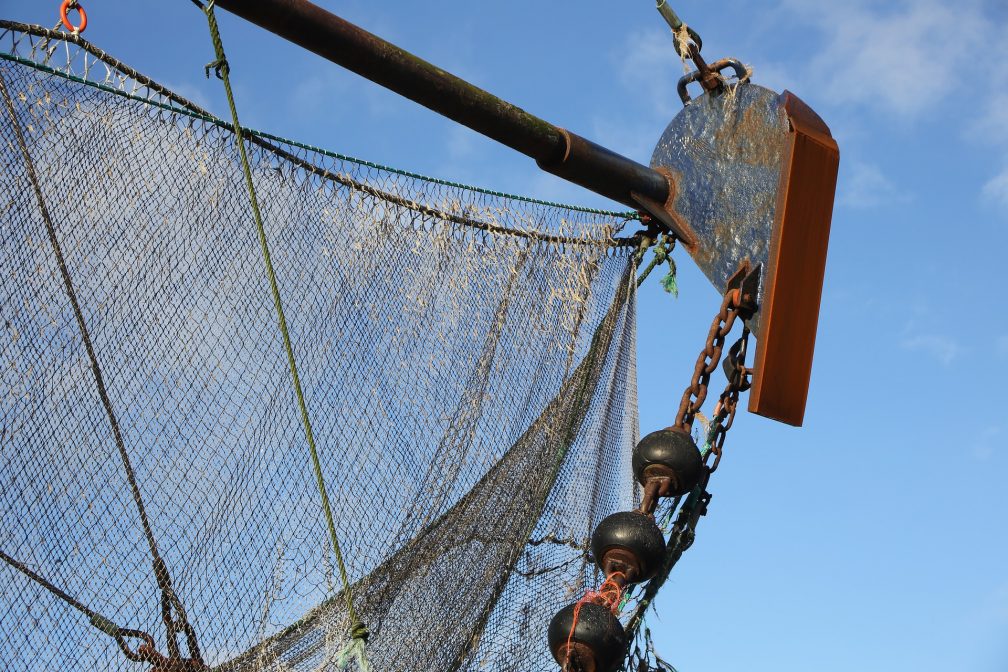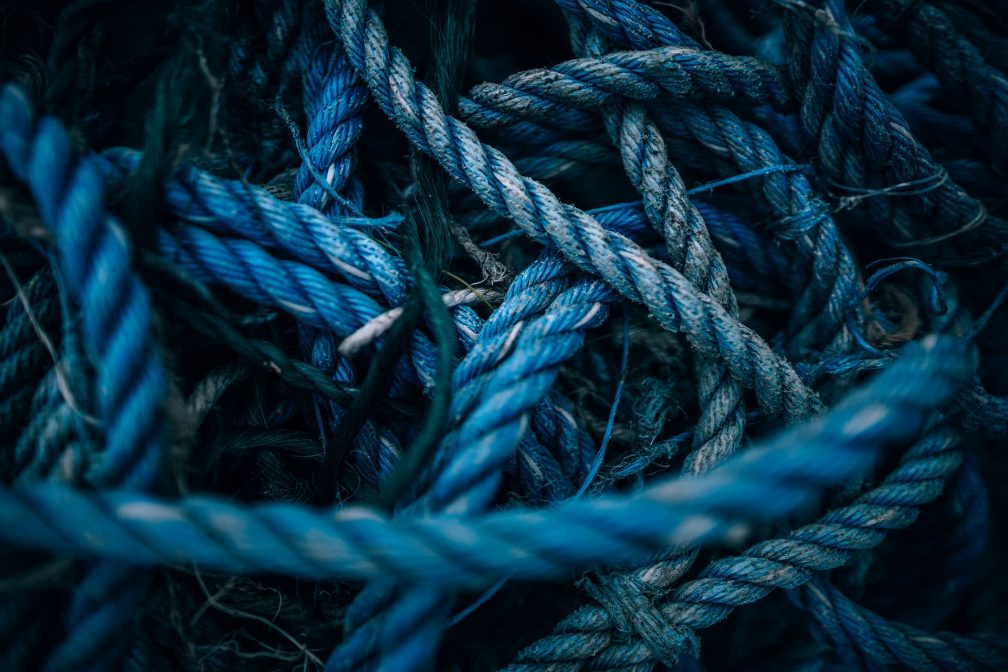“I was terrified that my dead body would be thrown overboard into the sea just like what happened to my friend!” These words spoken by Ascuri, an Indonesian fisherman still haunt me years later. I first met Ascuri when he came to the Hsinchu Catholic Diocese Migrants and Immigrants Service Centre (HMISC), Taiwan where I previously worked as the centre’s director and supervisor of the centre’s male shelter for abused migrant workers and trafficked peoples. Columban priests and lay missionaries have worked at the centre for the last twenty years.
Ascuri’s behaviour revealed the physical and psychological trauma of labour trafficking. Like thousands of other poor Indonesian migrant workers, Ascuri left behind his wife and children with the hope of securing employment on an offshore long-haul fishing vessel. His employment agency in Indonesia arranged for him to fly to Hong Kong (HK) where he lived on a “floating hotel” in the HK harbour for three months while waiting to be picked up by an employer. Eventually his hopes were met, and he gained employment on a Taiwan flagged long-haul fishing vessel. Little did he know of the horror that was awaiting him.
Working up to twenty hours a day in the open sea casting out the nets, hauling in the catch, cleaning and storing the fish below deck, and mending the nets was exhausting. Often the huge waves came crashing over the boat and he feared for his life. Ascuri and the other Indonesian fishermen on board were physically and verbally abused by their Taiwanese captain. The little food was barely enough to keep up their physical strength for the arduous work.
Ascuri knew his body was ailing. With little energy left in his thinly boned body he used all the mental energy he had to stay alive. Tragically his friend could no longer endure the untold exploitation. One day he collapsed on deck and died. The captain instructed a couple of the crew to throw the body overboard where it was devoured by the hungry sharks below. This horrific image remained etched in Ascuri’s psyche.
After one year at sea the fishing vessel finally docked in a Taiwan port. When Ascuri rang his wife, he found out she hadn’t received any of his salary. Upon confronting his employer, he was told his salary was given to his employment agency to pay for the costs of finding him a job and to cover the expenses of food and board on the fishing vessel. When night fell, Ascuri grabbed the opportunity to flee to the nearest police station for help. Thankfully he came across a trusting police officer who believed his story and recognised him as a possible victim of human trafficking. The government referred Ascuri to HMISC for safe shelter.
The centre’s staff provided Ascuri with counselling and legal aid, as well as helping him to secure employment in a nearby glass factory and arranging a lawyer to assist him with his court case against his trafficker. Since the Taiwan labour law does not cover international fishermen working on Taiwan flagged long-haul fishing vessels, the centre was not able to use the labour law to assist Ascuri in securing his stolen wages. Due to so called “lack of evidence”, Ascuri’s employer was found not guilty of human trafficking and was let free to continue entrapping other migrant fishermen into slavery.
In a recent survey conducted by the Environmental Justice Foundation (EFJ) of former Indonesian fishers who had worked on 62 Taiwanese fishing vessels, crew from 24% of the vessels reported physical abuse and 92% reported having their wages withheld, creating conditions that can lead to debt bondage. 82% worked excessive overtime, with many fishers reporting that they had to work up to 20 hours per day.
The 2020 Trafficking in Persons report released by the US State Department raised serious concerns of abuse on Taiwan-flagged fishing vessels, saying “Migrant fishermen have reported senior crewmembers employing such coercive tactics as threats of physical violence, beatings, withholding of food and water, retention of identity documents, and wage deductions to retain their labour.” The report also found that “insufficient staffing and inspection protocols continued to impede efforts to combat forced labour on Taiwan-flagged fishing vessels.”
ACRATH (Australian Catholic Religious Against Trafficking in Humans) supports the Be Slavery Free Seafood Campaign which is focussing on the human trafficking, forced labour and slavery which occurs in the seafood industry, particularly in Taiwan. The campaign encourages consumers to choose “slavery-free” seafood. There are Australian companies procuring seafood from such Taiwanese sources. The campaign is asking the Australian government to sign the Working in Fishing Convention of the International Labour Organisation (C188) which addresses standards in commercial fishing operations.
Pope Francis says, “human trafficking is an open wound on the body of contemporary society, a scourge on the Body of Christ. It is a crime against humanity.” Each time we go shopping, we are invited to remember Ascuri’s story so that we make the moral choice to buy “slavery-free” seafood and play our role in eradicating human trafficking.



